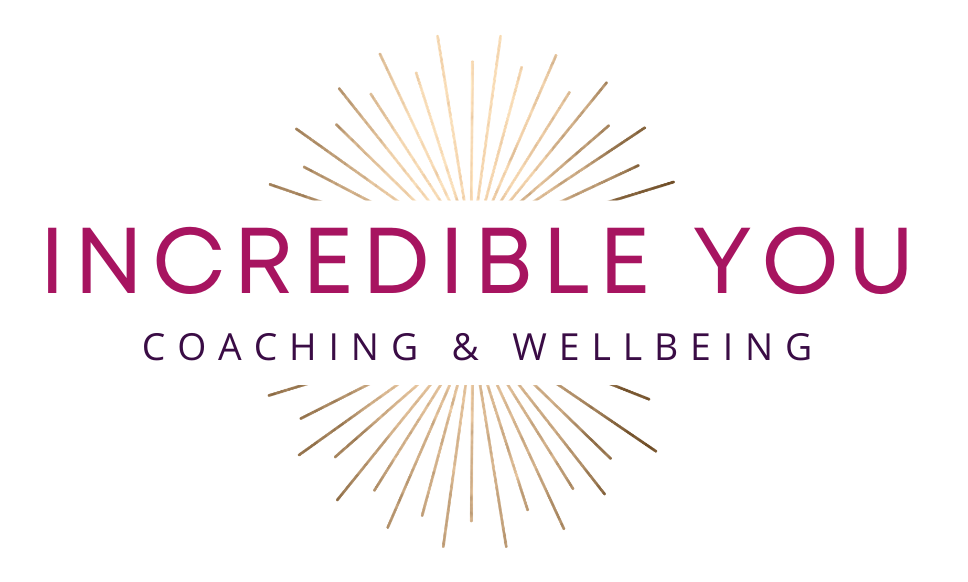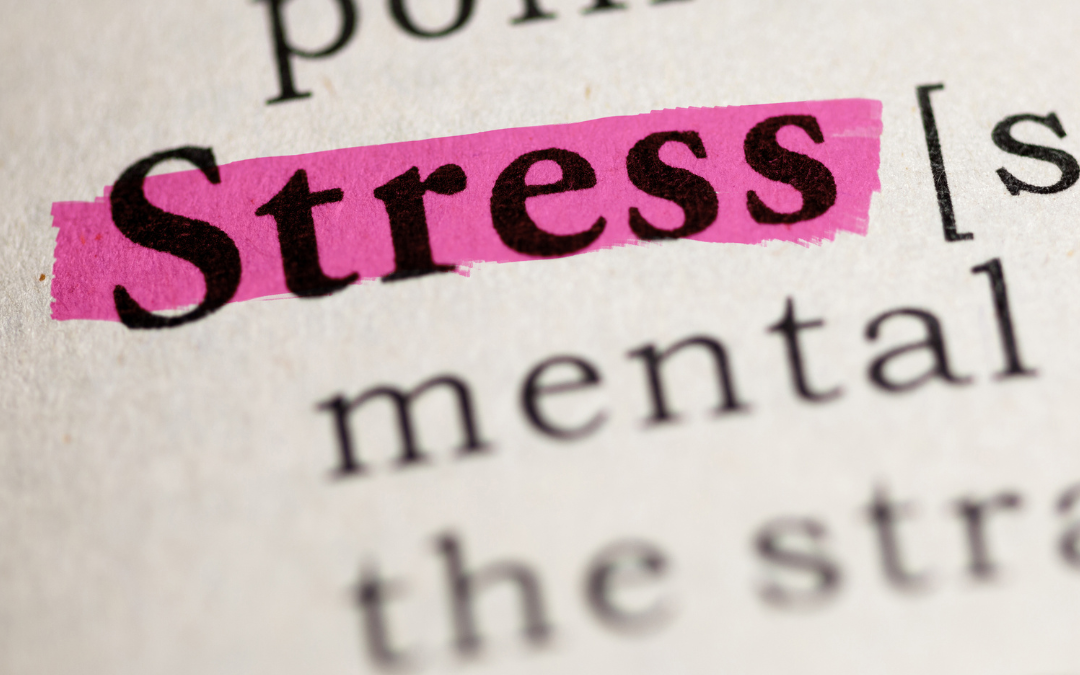We so often ignore the signs of stress on our mind and body as we are taught to cope. Just because you can cope with high levels of stress it doesn’t mean it is not impacting your health and wellbeing. When your body is in a stressed state for prolonged periods of time, it can have a serious impact on both your physical and mental health.
During times of stress, your body goes into “fight or flight” mode, which is a natural response to perceived danger. This response is meant to be temporary and is intended to help you deal with a specific stressor, but when it is triggered repeatedly or lasts for a long time, it can have negative effects on your body.
One of the ways that stress affects the body is by releasing stress hormones, such as cortisol, into the bloodstream. These hormones can have a variety of effects, including increasing heart rate, blood pressure, and blood sugar levels. Prolonged exposure to stress hormones can lead to a number of physical health problems, such as heart disease, diabetes, and obesity.
Stress can also have a negative impact on your mental health, leading to conditions such as anxiety and depression. Prolonged stress can also interfere with your ability to think clearly, make decisions, and remember things.
In order to manage stress and protect your health, it is important to find ways to reduce the stress in your life and practice stress-management techniques, such as deep breathing, exercise, and meditation. It is also important to get enough sleep, eat a healthy diet, and seek support from friends and loved ones. If you are experiencing severe or persistent stress, it may be helpful to talk to your GP or expert help to support you make changes.
Get the free Stress Less & Thrive Bundle
Access a range of tools and resources including videos and meditations to help you stop living your life on auto-pilot and start enjoying the life you’re working so hard for.
You can access all the resources at the touch of a button in an app on your mobile, so you can access them when you want to. What’s stopping you?

